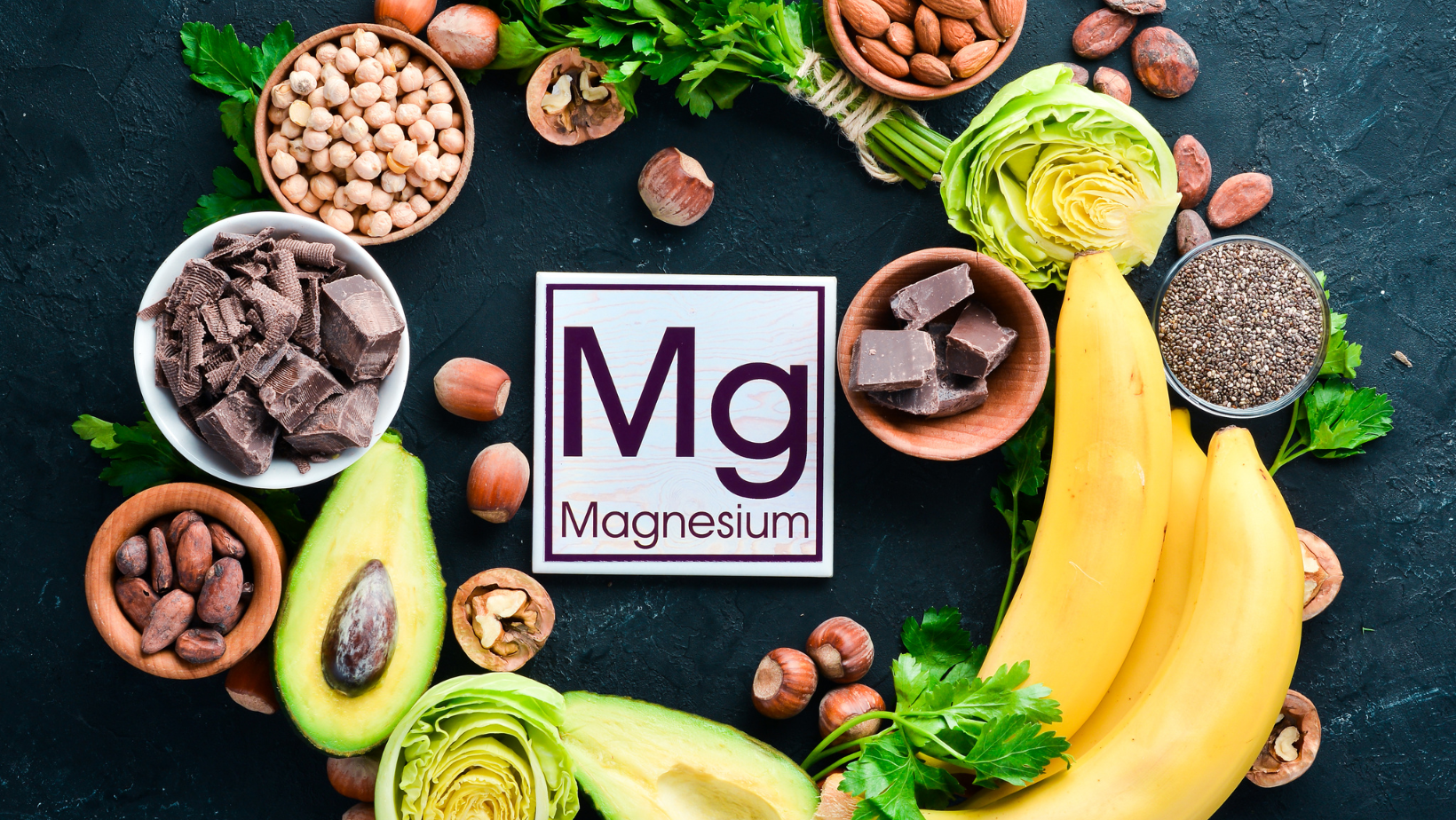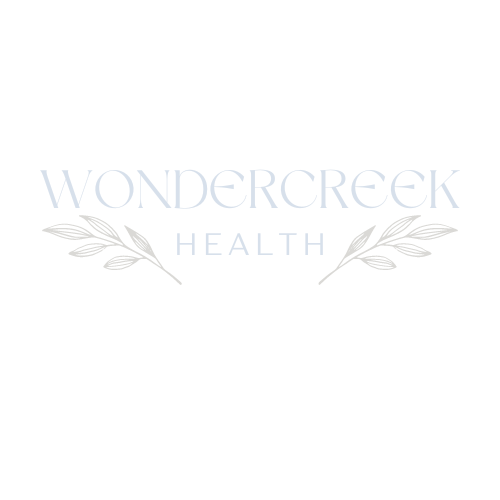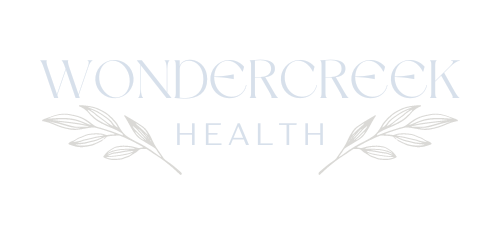Navigating Menopause: Effective Strategies to Manage Weight Gain and Enhance Health

Menopause is a time of significant hormonal changes, and one of the most common concerns for women during this transition is weight gain. Understanding the mechanisms behind this weight gain and implementing effective strategies can help manage it. Let’s delve into the statistics, causes, and management strategies for menopause-related weight gain.
Prevalence of Weight Gain in Midlife Women
Statistics reveal that severe obesity is almost twice as prevalent in women (9.9%) compared to men (5.5%). During menopause, many women experience an increase in waist circumference due to hormonal changes, particularly the decrease in estradiol. This shift often leads to an increase in visceral fat, which has significant implications for overall health.
Understanding Visceral Fat
Visceral fat, the fat stored around the internal organs, is more dangerous than subcutaneous fat, which lies just under the skin. Visceral fat is associated with increased inflammation and a higher risk of cardiometabolic diseases, including heart disease and type 2 diabetes. This type of fat releases inflammatory markers and free fatty acids into the bloodstream, contributing to insulin resistance and chronic inflammation.
In contrast, subcutaneous fat, though more noticeable, poses fewer health risks. It's crucial to focus on reducing visceral fat through a combination of lifestyle modifications.
Hormonal Changes and Their Impact
The decline in estrogen during menopause plays a crucial role in weight gain. Estrogen helps regulate body weight and fat distribution. As its levels drop, the body tends to store more fat in the abdominal area. This hormonal change also affects metabolic rate, making it easier to gain weight and harder to lose it.
Strategies for Managing Weight Gain
- Focus on Health, Not Just Weight Loss
- It’s important to shift the focus from simply losing weight to becoming healthier and stronger. Aim to build muscle mass and improve overall body composition.
- Stable Glucose Levels
- Maintaining stable glucose levels is vital. Muscle tissue plays a key role in glucose metabolism by enhancing insulin sensitivity. Engaging in regular strength training exercises can help improve muscle mass and control blood sugar levels.
- Anti-inflammatory Nutrition
- Adopt an anti-inflammatory diet rich in fruits, vegetables, whole grains, lean proteins, and healthy fats. Include plenty of fiber and protein to keep you full and stabilize blood sugar levels. Avoid processed foods, sugary snacks, and trans fats, which can exacerbate inflammation.
- Avoid Starvation Diets
- Starving yourself to lose weight can be counterproductive. It can slow down your metabolism and lead to muscle loss instead of fat loss. Ensure you are consuming enough calories to support your metabolic needs, focusing on nutrient-dense foods.
- Manage Stress
- Chronic stress can lead to weight gain, particularly in the abdominal area. Practices such as mindfulness, meditation, yoga, and adequate sleep can help manage stress levels. Stress reduction can positively affect weight management efforts.
- Exercise: Cardio and Strength Training
- While cardiovascular exercise is important for heart health and burning calories, strength training is crucial for building muscle mass. Aim for a balanced exercise routine that includes both cardio and strength training to maximize fat loss and improve muscle tone. (don't forget to incorporate balance and stretching into your routine!)
Conclusion
Menopause-related weight gain can be managed effectively by focusing on overall health and adopting a holistic approach that includes balanced nutrition, regular exercise, and stress management. Remember, the goal is to stay healthy and strong, not just to lose weight. Embrace these changes with a positive mindset and take proactive steps to support your health during this transition.
You got this!
Dr. Anna
WonderCreek Health Blog



